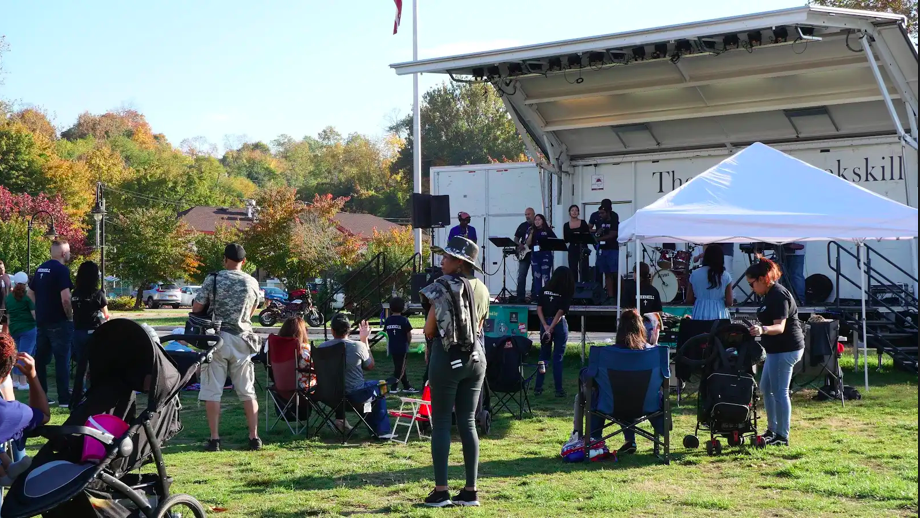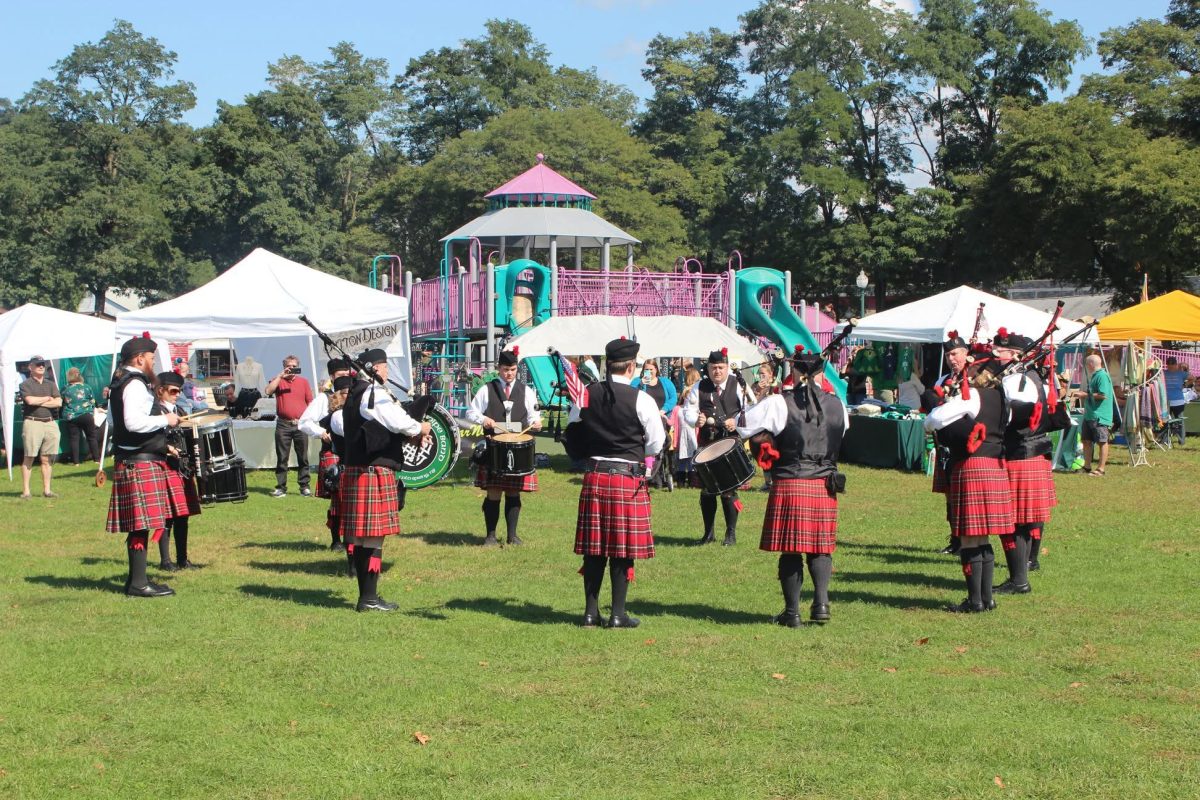Starting Saturday, June 7, freedom will take on a face, a name, and a story in Peekskill with the new season of the Faces of Freedom exhibition at the Lincoln Depot Museum, where a visual and documentary journey will immerse visitors in the lives and legacies of African American soldiers who served during the United States Civil War.
Ronald S. Coddington, historian, author, and editor of Military Images magazine, conducted much of the research that underpins the exhibit, which will remain open to the public through July 12. Coddington will also be the special guest at the opening event, which will begin June 7 at 2 p.m.
The exhibition, which will be open every Saturday and Sunday from 1 to 4 p.m., will present original period portraits—carefully restored, identified, and accompanied by narratives constructed from military service records, pension files, newspaper clippings, regimental histories, and other archival materials.
As they move through the exhibit, visitors will be able to look into the eyes of dozens of men who served in the Union ranks—many of whom had once been enslaved—and follow their individual paths through one of the most tumultuous chapters in American history.
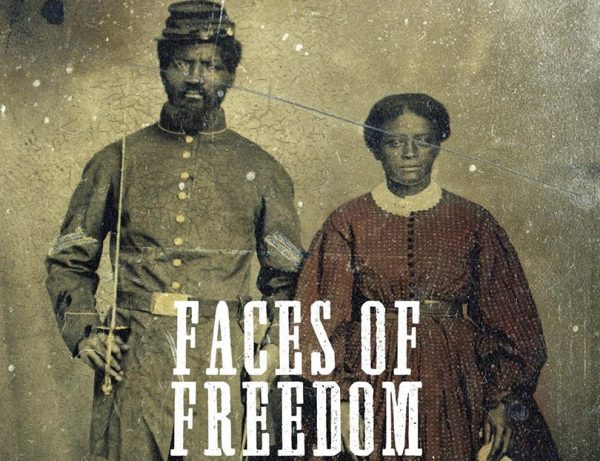
In 1861, most African Americans in the United States were still enslaved in the Southern states. As the war advanced, the Union army began to consider the enlistment of Black men, first as laborers and later as soldiers. In 1862, the War Department began to shift its official policy.
By 1865, more than 180,000 Black men would have formally served in the United States Colored Troops. A small group would even become commissioned officers. Others would work in Union camps as aides or laborers—roles that would also be part of the war effort.
The exhibit will also feature excerpts from speeches and statements by key figures of the period, such as Frederick Douglass and Martin Delany. In March 1863, Douglass delivered one of his most enduring declarations: “The iron gate of our prison stands half open. One gallant rush from the North will fling it wide open, while four millions of our brothers and sisters shall march out into liberty.” That rush would come in the form of nearly 200,000 African American soldiers, whose personal stories will form the backbone of the exhibition.
On the other hand, Delany—a prominent abolitionist, author, and journalist—would become one of the first Black officers in the army and would argue that their inclusion was not only essential to the war effort but a right that affirmed the dignity of an entire race.
The exhibition will also address the limits and setbacks that followed the Emancipation Proclamation and the end of the war. Although the conflict would open the path to freedom, legal equality would remain elusive. Many of the early gains would be weakened or dismantled during the Reconstruction era. The exhibit will present this trajectory as part of a history still in progress.
Faces of Freedom will be presented by Military Images, a publication founded in 1979 and dedicated to preserving and sharing Civil War portrait photography. The exhibition will be made possible in collaboration with the William C. Goodridge Freedom Center and the Underground Railroad Museum in York, Pennsylvania.
Admission to the special opening program will be $10 and free for museum members. For more information, visitors may contact the Lincoln Depot Museum directly.


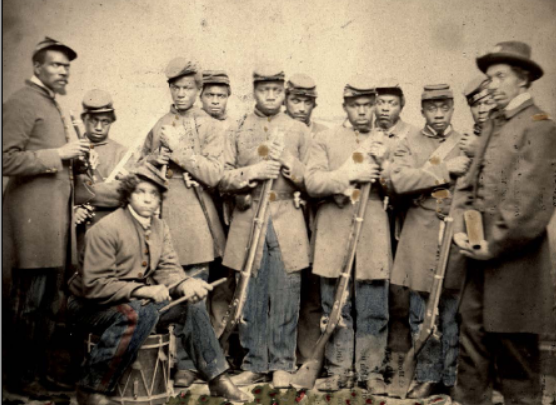

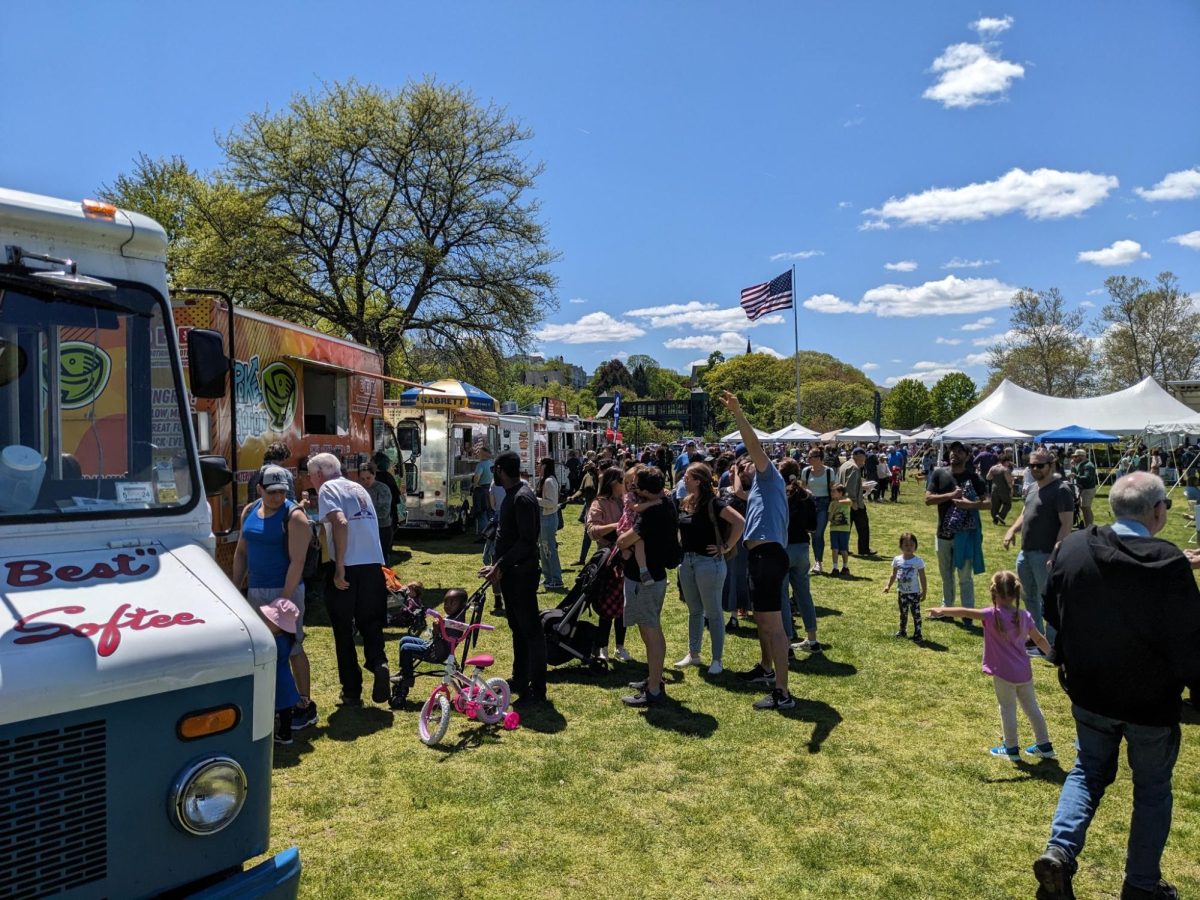





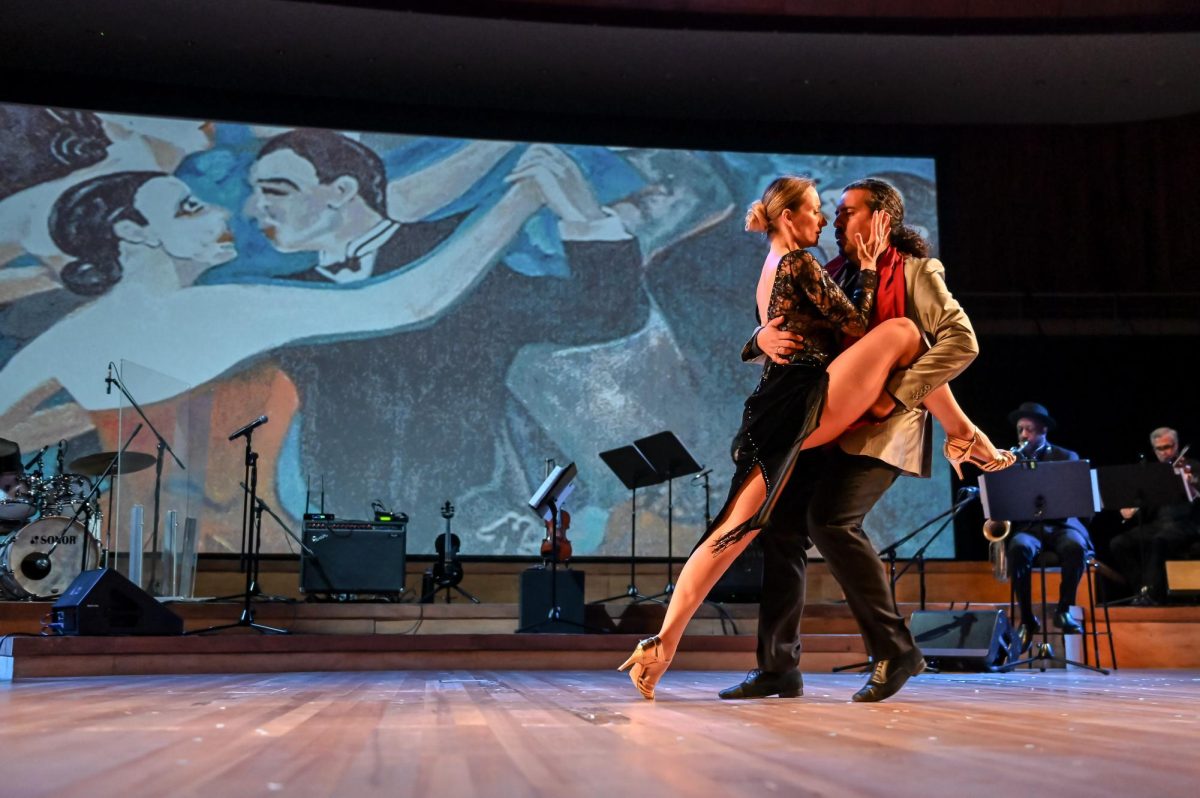
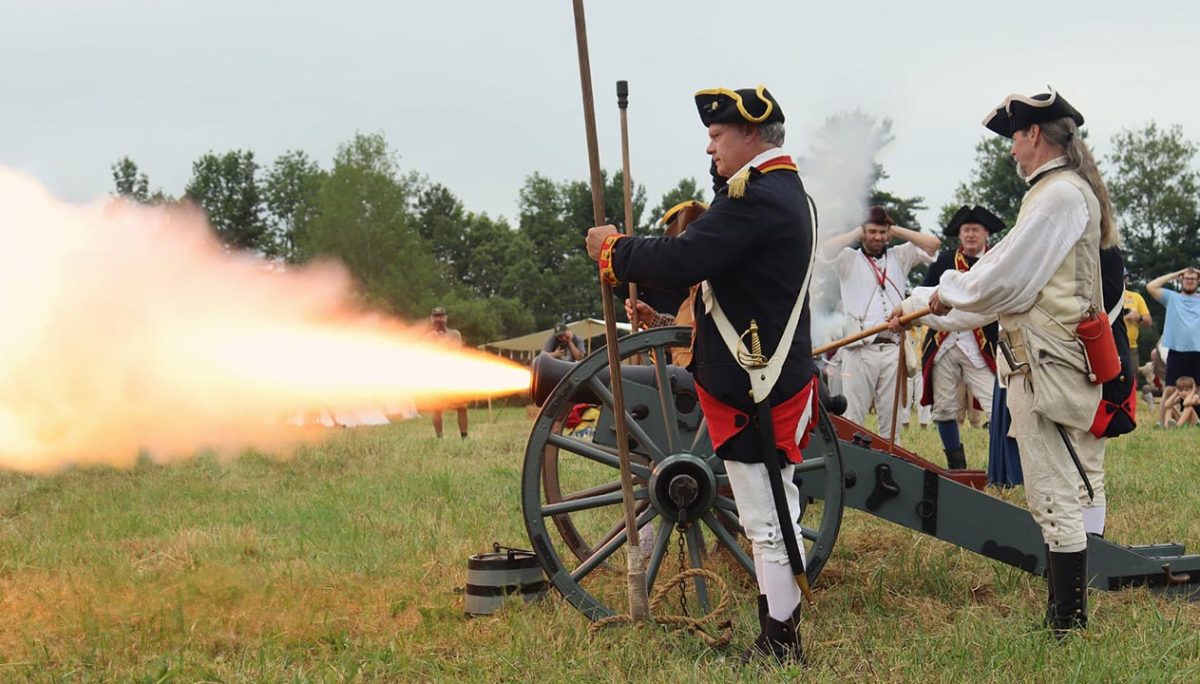
![Festival of Makers features performances by Six String Country and Erik Rabasca during the September 27 event. (Town of Cortlandt)]](https://peekskillherald.com/wp-content/uploads/2025/09/Invitation-1.jpg)
